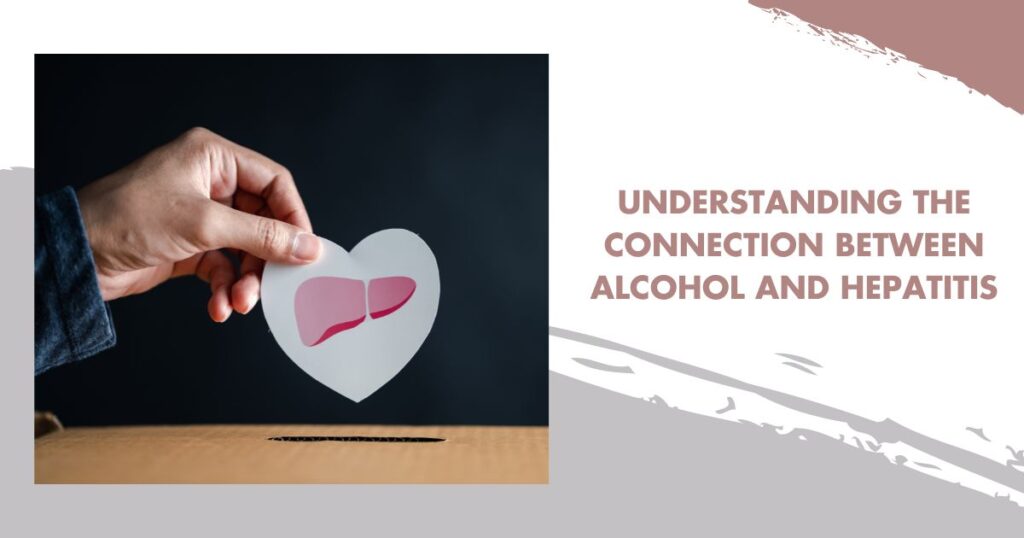Hepatitis, a condition characterized by liver inflammation, can be caused by a variety of factors such as alcohol, medicines (drugs), viral infections and autoimmune diseases. In this article, we will look at the complex relationship between alcohol and hepatitis, shining light on how excessive alcohol use can lead to liver damage and the development of hepatitis.
Understanding Hepatitis
Liver is a critical organ that processes nutrients, filters pollutants from the blood, and produces bile, which facilitates digestion. Hepatitis is an inflammation of the liver. When the liver gets inflamed, its ability to function correctly is impaired, resulting in a variety of symptoms and consequences.
The Two Types of Hepatitis
-
Viral Hepatitis
– Hepatitis A, B, C, D, and E are examples of viral hepatitis. These viruses can spread via contaminated food or water, blood-to-blood contact, or sexual contact.
Here is a video on Viral Hepatitis where Dr. Maran gives a good explanation on the various kinds of Hepatitis Viruses.
-
Alcoholic Hepatitis
– Alcoholic hepatitis is a type of liver inflammation caused by chronic alcohol intake. It is a type of alcoholic liver disease that can progress from mild to severe.
The Impact of Alcohol on the Liver
-
Liver Metabolism of Alcohol
– When we take alcohol, the liver metabolizes it. Chronic alcohol intake can overload the liver’s ability to handle alcohol effectively, resulting in liver damage and inflammation.
-
Formation of Toxic Byproducts
– The breakdown of alcohol in the liver produces harmful metabolites like acetaldehyde. This compound can harm liver cells and cause inflammation.
Alcohol and Hepatitis is a Dangerous Combination
-
Increased Risk of Hepatitis Development
– Excessive alcohol use is a substantial risk factor for developing alcoholic hepatitis, especially in people who drink alcohol frequently and in high quantities.
-
Exacerbating Viral Hepatitis
– Alcohol can worsen the already present viral hepatitis condition further. This is especially true in the case of hepatitis B and C, where viral replication is promoted which only results in liver damage.
Understanding Alcoholic Hepatitis Further
-
Symptoms of Alcoholic Hepatitis
– Symptoms of alcoholic hepatitis may include jaundice (yellowing of the skin and eyes), abdominal pain, nausea, vomiting, fatigue, and swelling of the abdomen.
-
Complications of Alcoholic Hepatitis
– Severe alcoholic hepatitis can lead to liver failure, cirrhosis (scarring of the liver), and an increased risk of liver cancer.
Prevention and Management of Alcoholic Hepatitis
-
Quitting Alcohol Consumption
– The most effective strategy to prevent alcoholic hepatitis is to quit consuming alcohol altogether.
-
Seeking Support
– Individuals battling with alcoholism should seek help from healthcare professionals, counsellors, or support groups to address their alcohol use disorder.
The link between alcohol and hepatitis emphasizes the significance of moderation in alcohol intake and the potential repercussions of excessive drinking on liver health. Individuals can lower their risk of developing alcoholic hepatitis and other alcohol-related liver illnesses by learning about the hazards of alcohol usage and adopting proactive actions to quit alcohol. To effectively prevent and manage hepatitis, liver health must be prioritized through lifestyle choices, and medical advice should be sought if necessary.
